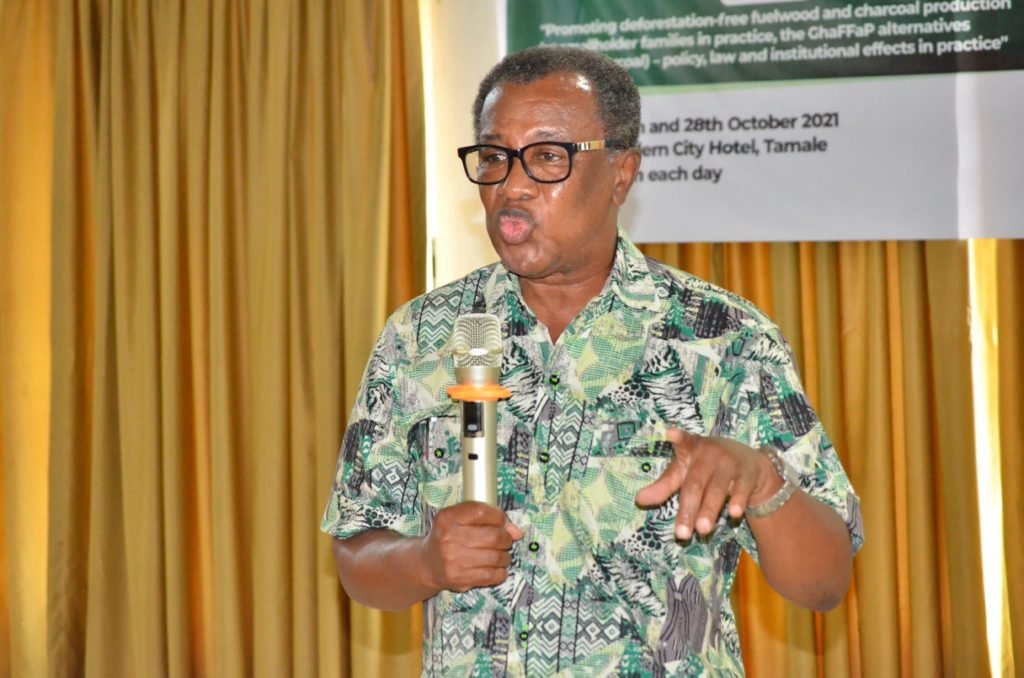
A Professor of agriculture and natural resource has advocated a policy to encourage smallholder farmers to prioritise the use of organic manure over the inorganic fertiliser.
This, he said, would reduce the heavy importation of the inorganic fertiliser into the country, which has been costing Ghana millions of dollars every cropping season and help tackle the hunger issue among the rural folk.

He disclosed that the world was clamouring for organic food since its health benefits to the individual were glaring, stressing that the proposed initiative could be piloted in the five northern regions of the country, which are the worst-hit in terms of drought, to test its feasibility and viability.
Professor David Millar, president of the Millar Open University, said this in an exclusive interview with The Ghanaian Times in Bolgatanga, the capital of the Upper East Region.
He said there was the need for an organic fertiliser subsidy programme, which must be a key government policy to reduce production cost while boosting crop production and incomes of farmers.
He allayed fears that the project would drain the government coffers, explaining the project implementation would not require even a quarter of the amount of money that had been injected into the Free Senior High School/Technical education a year.
Rather, he pointed out that it would save the “dollar” importation of chemical fertilisers into the country.
Prof. Millar said he had done the analysis before, and therefore was using it as a basis to recommend an organic fertiliser factory in-country.
Concentration on the use of inorganic or chemical fertiliser in the country over the years had been bedeviled by late delivery, diversion to neighbouring countries, profiteering and other fraudulent deals that had undermined the good intentions regarding the programme.
Free organic inputs for small scale holders
The professor of agriculture said small-scale farmers with holdings up to 10 acres did not need chemical fertilisers, pesticides, insecticides and weedicides to improve upon their crop yields.
He argued that instead, they needed free organic inputs from the government and its development partners to help produce in large quantities to feed the local markets.
This, he said, would also contribute considerably to strengthen the local economy in the northern part of the country.
The former Pro-Vice Chancellor for the University of Development Studies (UDS) said: “Medium and large-scale farmers with holdings of 11 acres and more can go inorganic with all subsidies removed.”
He, therefore, called on the new Minister for Agriculture, Eric Opoku, to consider his proposal as far as the Agricultural Policy Thrust was concerned.
Agriculture Policy Thrust
The policy thrust includes embracing modernisation through smart agriculture and intensification of research, development, commercialisation and innovation (R&D&C&I) activities; strengthening the agro-food product value chain for domestic and international markets; and developing talent and skilled manpower among other related issues.
He expressed the hope that the policy would be given the needed attention to transform agriculture productivity in the country.
Large scale farmers
Professor Millar strongly emphasized that large-scale farmers were into a very private sector participation and did not need chemical fertiliser subsidies.
The issue, according to him, had made smallholder farmers very vulnerable “because the attention is on the large-scale farmers to the total neglect of the smallholder farmers, “who produce mainly for consumption”.
“You can use the subsidies that you have been relieved of from the importation of chemical fertiliser, pesticides and insecticides to fund the free inputs and subsidise organic-induced farming,” Prof. Millar further said, while lobbying the Ministry of Agriculture and the government to consider implementing the proposed policy in time.
He expressed optimism that the policy of ‘Free organic inputs’ would help bolster the strength and capacity of the small-scale farmers to continue to engage in crop cultivation that would impact the rural communities positively, and thereby reduce hunger and poverty amongst the rural folks.
Peasant Farmers Association of Ghana
Prof. Millar expressed concern over the style of the leadership of the Peasant Farmers Association of Ghana (PFAG) for what he described as a “clear betrayal of the interests of peasant farmers.”
He alleged that the association had for the past years been championing the interest of the large-scale farmers at the expense of the small-scale farmers, which, he said, was tantamount to deviating from their mandate of protecting the interests of the smallholder farmers in the rural setting.
“I have had interaction with the small-scale farmers and it is clear they are disappointed in the PFAG, and I want the leadership to do something about it,” he said.
He said further that, “Farmers who are doing 2,000 hectares need inorganic chemicals like fertilisers, pesticides and the rest. The smallholder farmer, on the other hand, will always find it difficult to afford these chemicals, hence must be encouraged to rely on the natural organic manure and should be given inputs free of charge if their interests were paramount to the association and the government”, Prof. Millar stated.
While elucidating the need for the government and donor countries to yield to his call on providing the peasant farmers with the needed incentives to boost their production, he indicated the entire value chain, such as processing and storage, was visibly struggling, “and that is because we consider farmers as one whole”.
“It is about time we disaggregated farmers and targeted them properly. We think all farmers need fertilisers, pesticides, insecticides, and tractors, but that is not so far from that!”
In his view, if farmers were disaggregated, the government would realise that the needs and priorities of farmers differed.
The post Let’s prioritise organic fertiliser …in crop production – Prof. Millar appeared first on Ghanaian Times.
Read Full Story
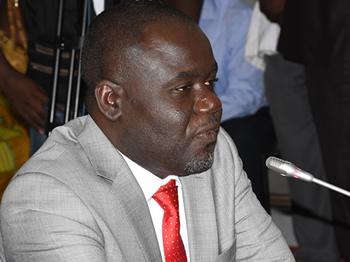
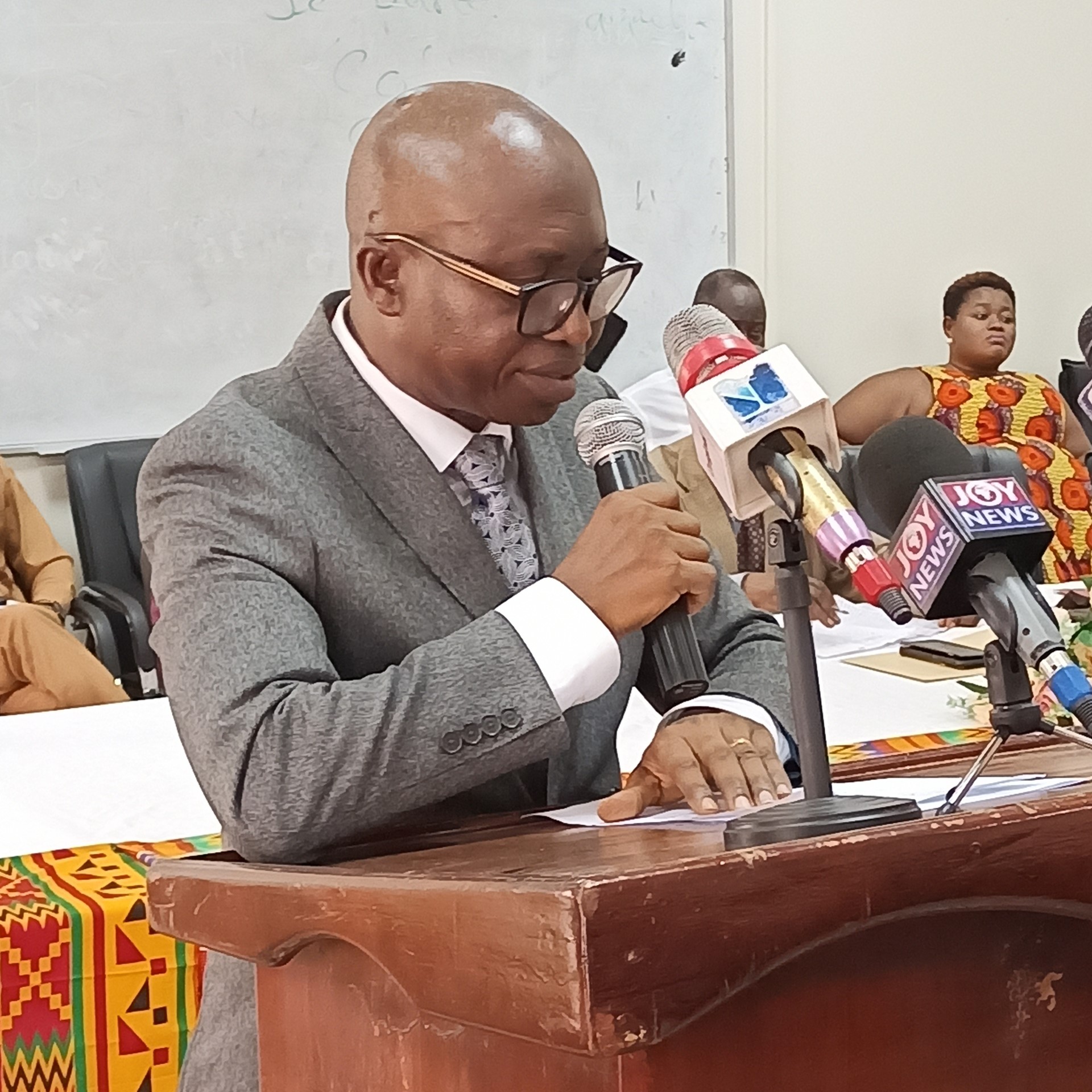

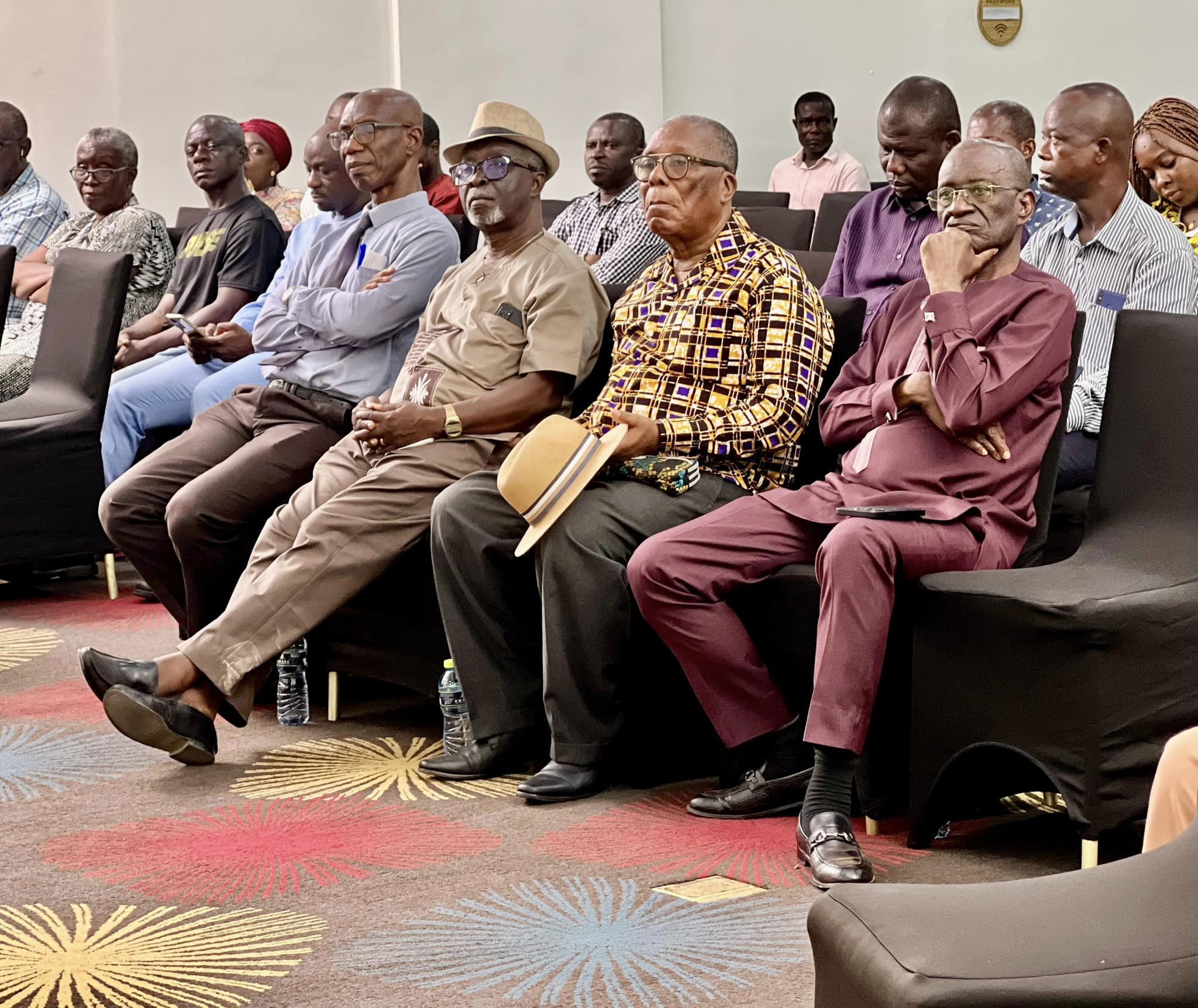








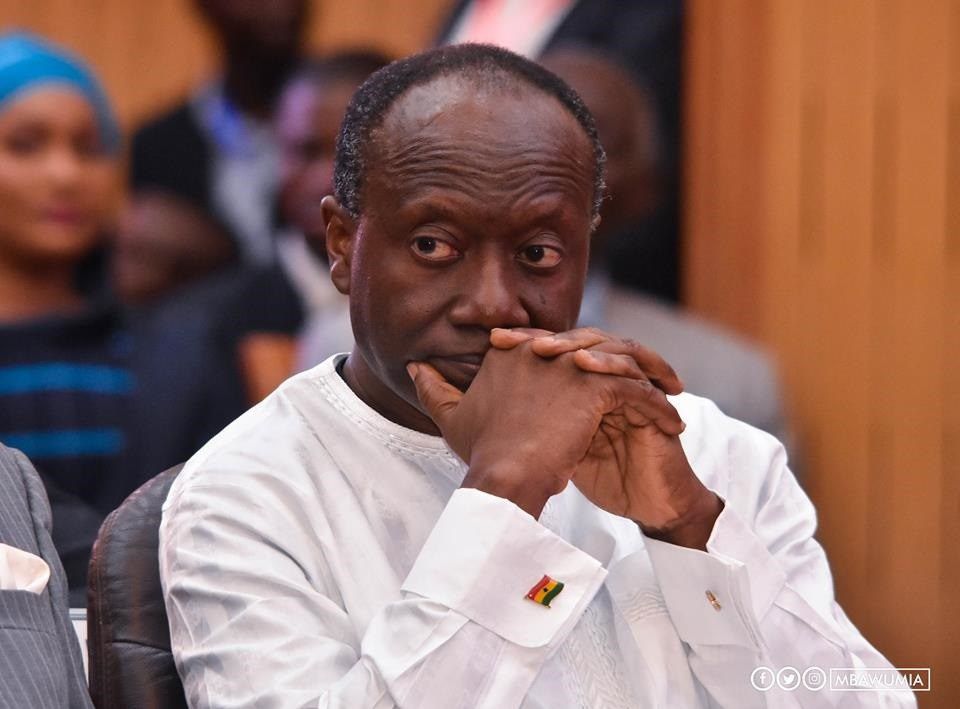
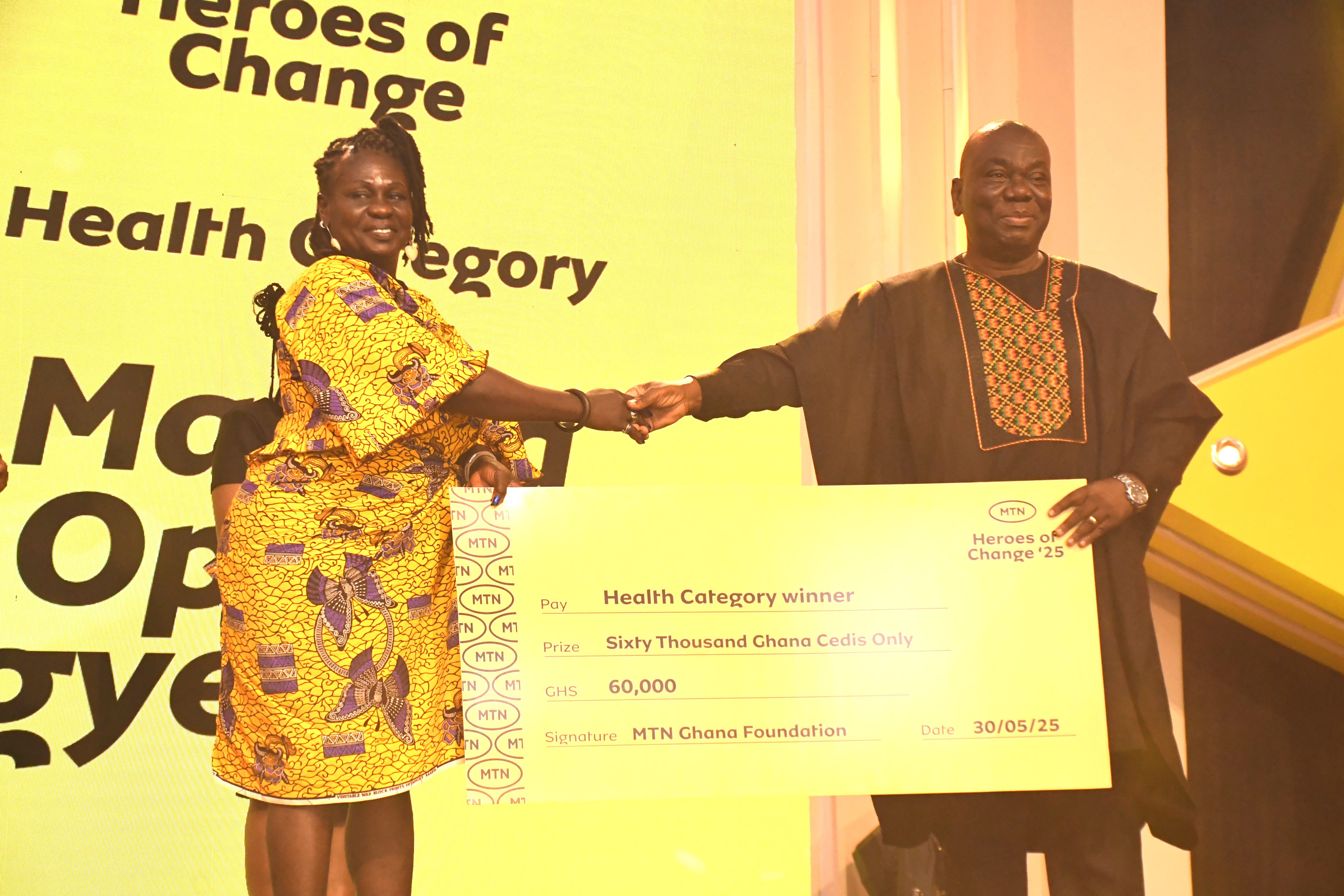





Facebook
Twitter
Pinterest
Instagram
Google+
YouTube
LinkedIn
RSS